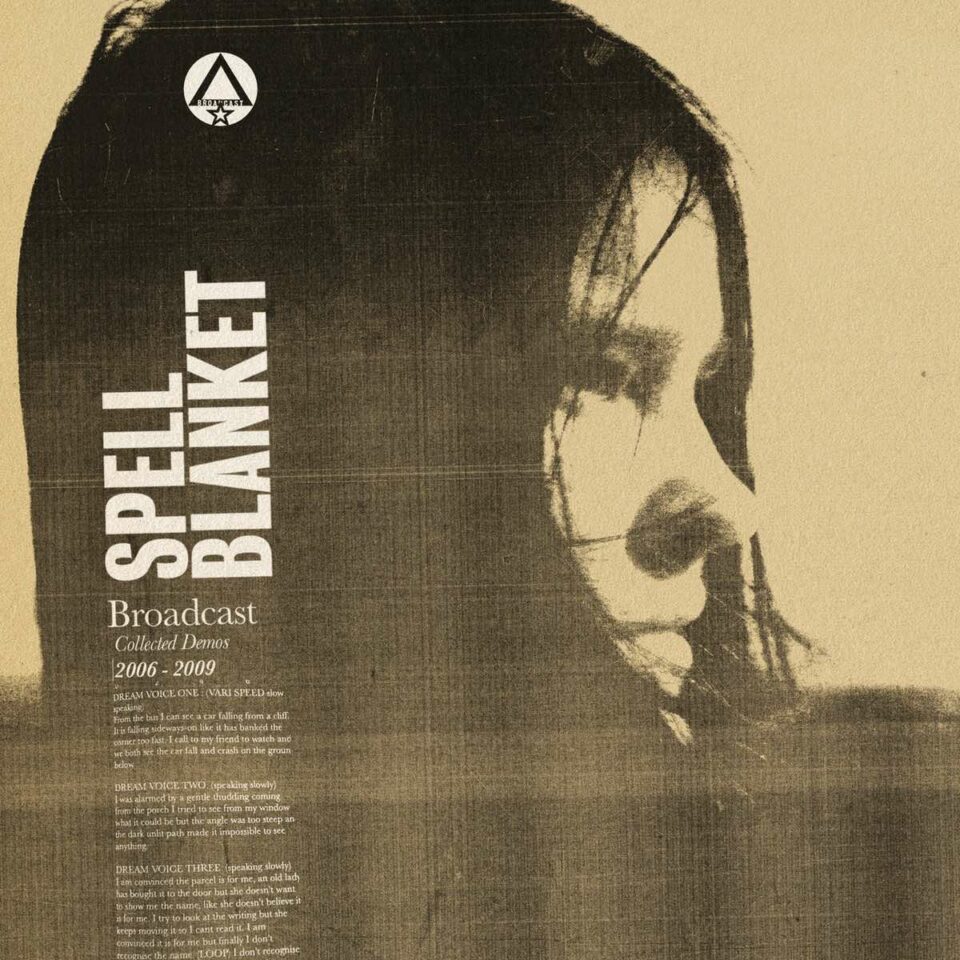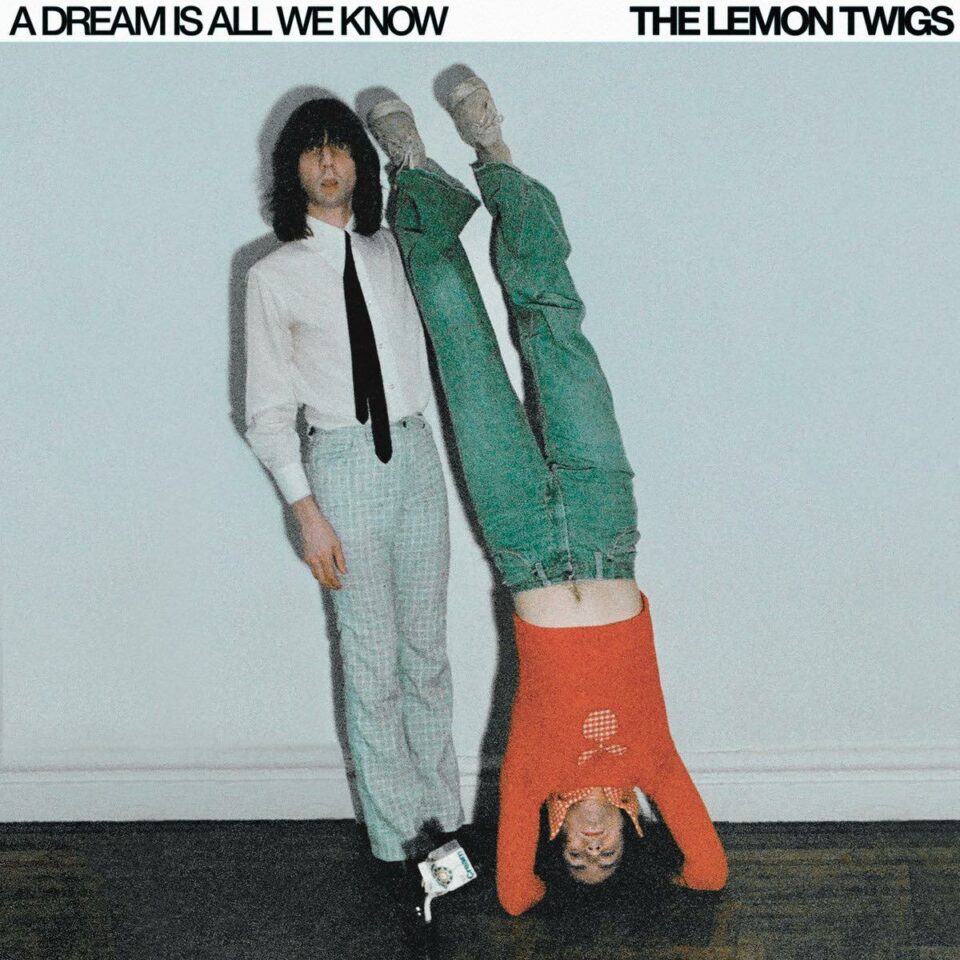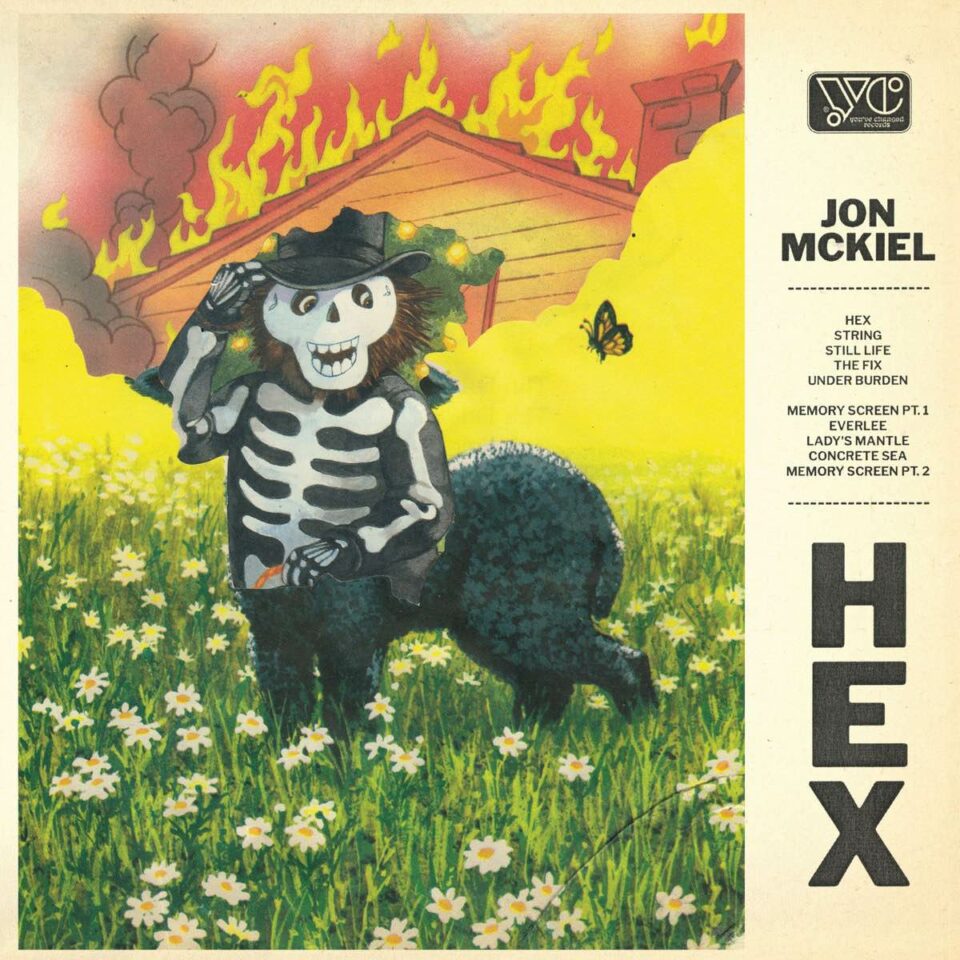Atmosphere holds a rare place in rap. Since the late-’90s, the Minneapolis duo of rapper Slug and producer Ant have created their own lane, churning out critically acclaimed, emotionally driven albums on the independent Rhymesayers Entertainment imprint. Thanks to their consistent success and virtually non-stop touring (minus a few pandemic years), the pair have thrived on their own terms.
Atmosphere’s latest album So Many Other Realities Exist Simultaneously lives up to its open-ended title lyrically and sonically. With optimistic lyrics and a bright beat, lead single “Okay” chartered unusual territory for the typically pensive pair, especially considering the fact that it was created during a tense time in the history of their hometown.
Much of the rest of Realities soars thanks to Slug’s creative song concepts and Ant’s impressively diverse sonic tapestries. In our Q&A, the pair reflect on making So Many Other Realities Exist Simultaneously—“Okay” in particular—and what Slug looks for from the group’s album titles.
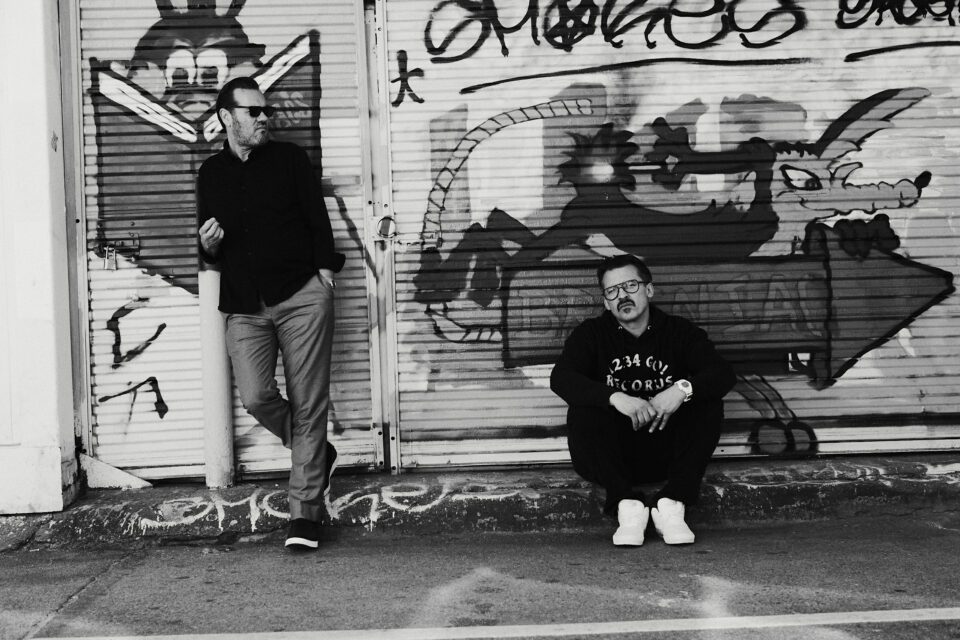
I’m always intrigued when artists have interesting album titles like this, but I’m especially interested when that title isn’t the name of a song. What’s the story here?
Slug: There’s not really a protocol for us when making album titles, or even song titles. I think we just go where it goes. The one thing that I like to look for is a reaction from Ant—when I bring forth the title, I like the validation of him being like, “Yeah, that’s a good title.” Once in a while, he’ll actually point out, “That’s a dope title,” and that feels great. But I kind of wanna make him laugh, also. To say this in front of him right now is interesting [laughs]. I like to evoke a response. He allows me to come up with a lot of the titles, but sometimes he’ll have a song title idea…
Ant: It’s pretty rare, but yeah [laughs].
“Going into this record of optimism, but knowing that I’m coming out of a space that’s a lot more claustrophobic, I was trying to find that balance. ‘How do I really approach this song from a sincere, genuine way from where I’m sitting right now?’” — Slug
Since a lot of the lyrics on this album are so heavy, Ant, how did you balance the music with these multi-emotional planes that Slug was bringing to the table?
Ant: I needed to throw the kitchen sink at this record. That’s just kind of how I felt walking in, and I’ve never really felt that way before. I base everything on our history. We’ve released a lot of shit, so I needed to really step up and switch it around a little bit, or at least add a bunch of things that I’ve been doing and put it all into one thing. It was [about] just trying to add more than I normally do—all the styles I could think of. And Slug’s usually game to try anything. He’s not scared of any beat, which can be a bad thing [both laugh]. We do end up with some weird songs here and there.
“Okay” is a lot brighter than the rest of the project. It’s not as drum-driven as a lot of rap, or even a lot of your own production. When you have a beat that’s brighter that’s going to be on an album that has a lot of more melancholy tones, why put it first on the tracklist?
Ant: The first beat and the last one [“Alright (Okay Reprise)”], I’ve had those for a little while. I’ve been tinkering with them, but I knew that “Okay” had to be first. I’m constantly trying to be like, “Alright, how can we make things a little bit different each time? Let’s start off a record nice and easy and optimistic, and maybe let’s end dark.” We did talk about that, and Slug was down with that, but that was the only thing we had going for us when we started. We had this beautiful music at the top and this darker stuff at the end. We just built from there.
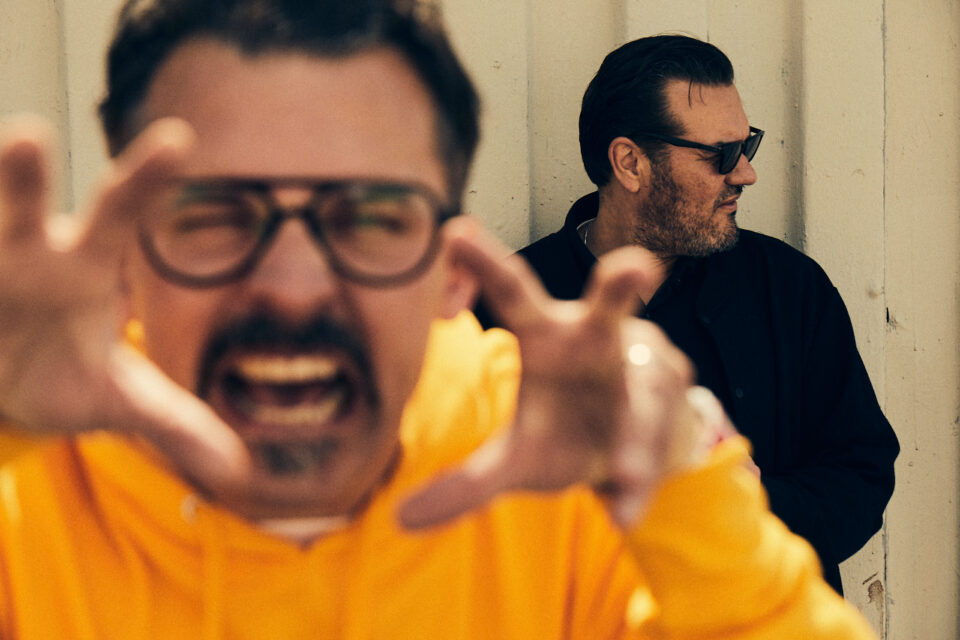
Slug, I thought the “woke and exhausted” line on “Okay” was an interesting contrast. What was going through your mind as you were thinking about that particular phraseology?
Slug: I’m gonna take a guess and say that was probably written in September of 2020. The end of that summer [in Minneapolis] was kind of crazy. You had lockdown going on. George Floyd had recently been murdered by the police, so there was an uprising that took place here. All the stores had been boarded up and everything was still boarded up. It was kind of desolate. [Ant] probably gave me the beat in August, and in September I finally sat down and stared at it and was like, “OK, I wanna start making some music again.” We’d made our last album Word and with all this stuff going on, I felt like I’d taken in too much information, possibly from the same echo chamber for so long at this point—Twitter, my circle of friends—that I was exhausted.
“I needed to throw the kitchen sink at this record. That’s just kind of how I felt walking in, and I’ve never really felt that way before.” — Ant
So going into this record of optimism, but knowing that I’m coming out of a space that’s a lot more claustrophobic, I was trying to find that balance. I was trying to think, “How do I really approach this song from a sincere, genuine way from where I’m sitting right now?” So, the song is kind of written to myself. I’m just telling myself, “Hey, things are gonna be OK,” but I’m also projecting it outwardly.
The video was important to me because of the different types of things that I wanted to say in that song that I didn’t have enough time to say, because I didn’t want the song to be 15 minutes long. Starting the [album] off like that is important, I think. This record wasn’t even dark yet. We just knew we wanted to start here, and I didn’t know if it was gonna go higher and more fun. I didn’t know what he was gonna give me for the next beat. I was trying to put all of my emphasis on whatever optimism I was probably searching for at the time. So saying “woke and exhausted,” that’s just kind of what it felt like in that moment. It felt like I was so awake and so tired at the same time.
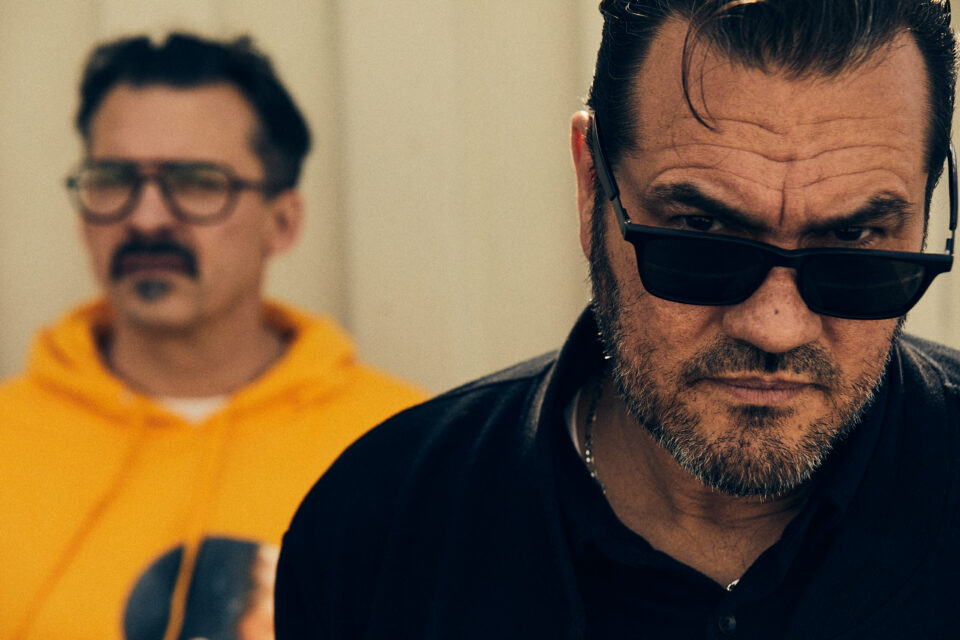
In the midst of all the chaos in the world and locally for you guys, where did this bright, optimistic bent come from musically and lyrically?
Ant: That beat was made before all this shit, before 2020. But everything else [on the LP], I would have little pieces and parts for a long time, and then would start adding them together and arranging things to present to Slug in a way that’s a little more in-depth.
Slug: Lyrically, a song like that’s important to me because I have kids, so I have to actually believe that things are gonna be OK. I can’t put camo gear on and go down into the sewer and hunt rats and shoot ghosts—I have responsibilities. I think I’ve reached that state of mind where I think a lot of people—when they have the privilege to get there—go, “Man, there’s gotta be more than this.” And they start to go, “Oh, I’m gonna really find religion,” or, “I’m gonna find myself something to hold onto as a way to let myself know that there’s more to all of this.”
“I have kids, so I have to actually believe that things are gonna be OK. I can’t put camo gear on and go down into the sewer and hunt rats and shoot ghosts—I have responsibilities.” — Slug
Switching gears, Slug, on “Eventide” you rap about the focus on the hyphens and the negative. As a writer, when you stumble upon those ideas, what does that do for you creatively?
Slug: It’s got two lives. The first life is when I think of one of those things and I go, “Whoa, has anybody ever pointed that out?” It’s interesting because nowadays I can actually google and see if anybody has said that. I can put in the words “lyrics,” “rap,” and then throw together whatever analogy or metaphor I’m fuckin’ with and see if I’m late to the party. Then you go, “Nobody’s ever gonna notice that I did that, it’s gonna just be a rhyme.” That’s how you see it until somebody points it out and then you’re like, “Ah, yes, I’m glad that somebody’s seen that.” And with an emphasis on the “seen.” I’m glad you actually seen the visual of the minus, the hyphen.
It’s kind of a sad song. When I get the mood of a song that I’m listening to and I realize it’s a sad song, I can go there with you without even zeroing in on everything that you’re saying. So cool. I’m glad. That’s validating that you heard that. FL







